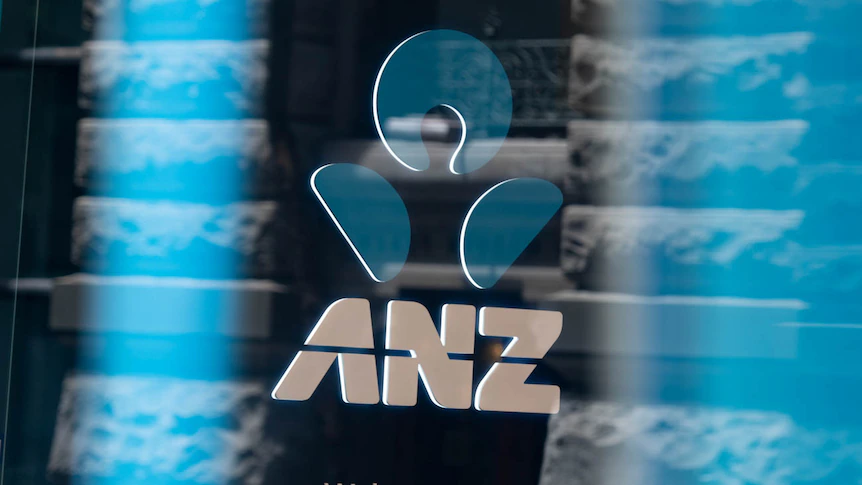Copyright novinite

Small and medium-sized enterprises in Bulgaria are expected to face the greatest difficulties once the euro becomes the country’s official currency in 2026. The warning came from Eleonora Negulova, chair of the National Association of Small and Medium Businesses (NSMSB), during an interview on Bloomberg TV. According to Negulova, small firms are the most vulnerable during major economic transitions, yet they have not been provided with sufficient guidance for the shift to the euro. She explained that, so far, there has been no clear or targeted set of instructions from the authorities to assist small businesses, forcing industry organizations to develop their own roadmaps to prepare for the change. “In the European Union, the principle is to think first of small businesses, since they face the most difficulties,” Negulova said, emphasizing the need for more attention to their specific challenges. Her remarks came on the day of a conference attended by European Central Bank President Christine Lagarde, where, as she put it, Bulgaria must assess “how far we have come and what still needs to be done” before the euro’s introduction. Among the main concerns for businesses is the revaluation of contracts, invoices, and other financial documents. Negulova stressed that any technical error in this process could lead to serious penalties, making precision crucial. She added that the NSMSB is already conducting training sessions to help entrepreneurs recognize and exchange new banknotes correctly once they are in circulation. Small firms based in rural municipalities are reportedly the most anxious about the upcoming transition. Negulova noted that the exact timing of the switch - taking place at midnight on New Year’s Eve - adds to the pressure, as companies will need to handle accounting and cash adjustments simultaneously during the holiday period. While she acknowledged that there are few signs of market manipulation or speculative pricing, Negulova expressed concern about another issue - rising labor costs. The increase in the minimum wage, she said, will put additional strain on small enterprises, which already make up the bulk of Bulgaria’s business landscape and contribute significantly to the economy. She suggested that employers might need to explore more flexible forms of employment to meet higher wage requirements. “The connection between pay and productivity has been broken - people no longer understand what they need to contribute in order to earn a certain level of remuneration,” Negulova concluded, warning that this imbalance could become a deeper problem during the transition to the euro.



